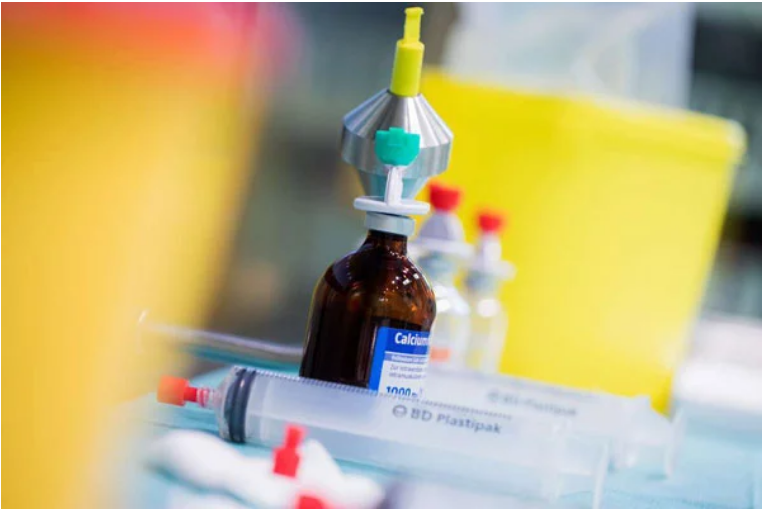
Rwandan firm in deal for US cancer drug

A new pharmaceutical company in Rwanda, Leaf Rwanda, with ties to US-based company LEAF Pharmaceutical, plans to produce and sell a new cancer drug in the region.
Leaf Rwanda is seeking distribution deals of its new cancer drug, LEAF-1404, to countries like Kenya, as well as Tanzania and Uganda by April next year.
The firm is in the process of beginning clinical and large-scale commercial production of its LEAF-1404 drug, which is under production in the United States.
LEAF-1404, a complex generic version of Caelyx®/Doxil®, has been available for over 20 years in the US and Europe and is used in the treatment of ovarian and breast cancer and Kaposi’s Sarcoma. It is however not available in Africa, although 90 percent of the Kaposi’s Sarcoma cases are reported from Africa.
“Kaposi’s Sarcoma, which emerges from complications affecting the immune system, especially triggered by viruses like HIV, has been wiped out in the US,” Dr. Clet Niyikiza, a Rwandan scientist and founder of LEAF Pharmaceuticals told The EastAfrican.
“Most generic drugs imported into East Africa from India and China for the treatment of cancer are not authorised in North America and in some European countries. It is mainly because they do not meet the standards expected. Africa should also require the highest standards of such drugs,” says Dr. Niyikiza.
Before the inauguration of the centre in 2012, cancer care was largely inaccessible for the vast majority of Rwandans and only the wealthy could afford treatment abroad.
Now Rwanda provides cancer care and treatment at five diagnostic and treatment centres. The centres offer cancer diagnosis, surgery and chemotherapy. Last year, Kanombe Military Hospital launched a radiotherapy centre to provide comprehensive cancer treatment.
In Kenya, cancer patients will have access to cheaper generic drugs in the fastest time possible, according to the Pharmacy and Poisons Board, Kenya’s drug regulator. This, the board said, will introduce and make available new drugs to patients who in the past paid more for access currently available drugs.






